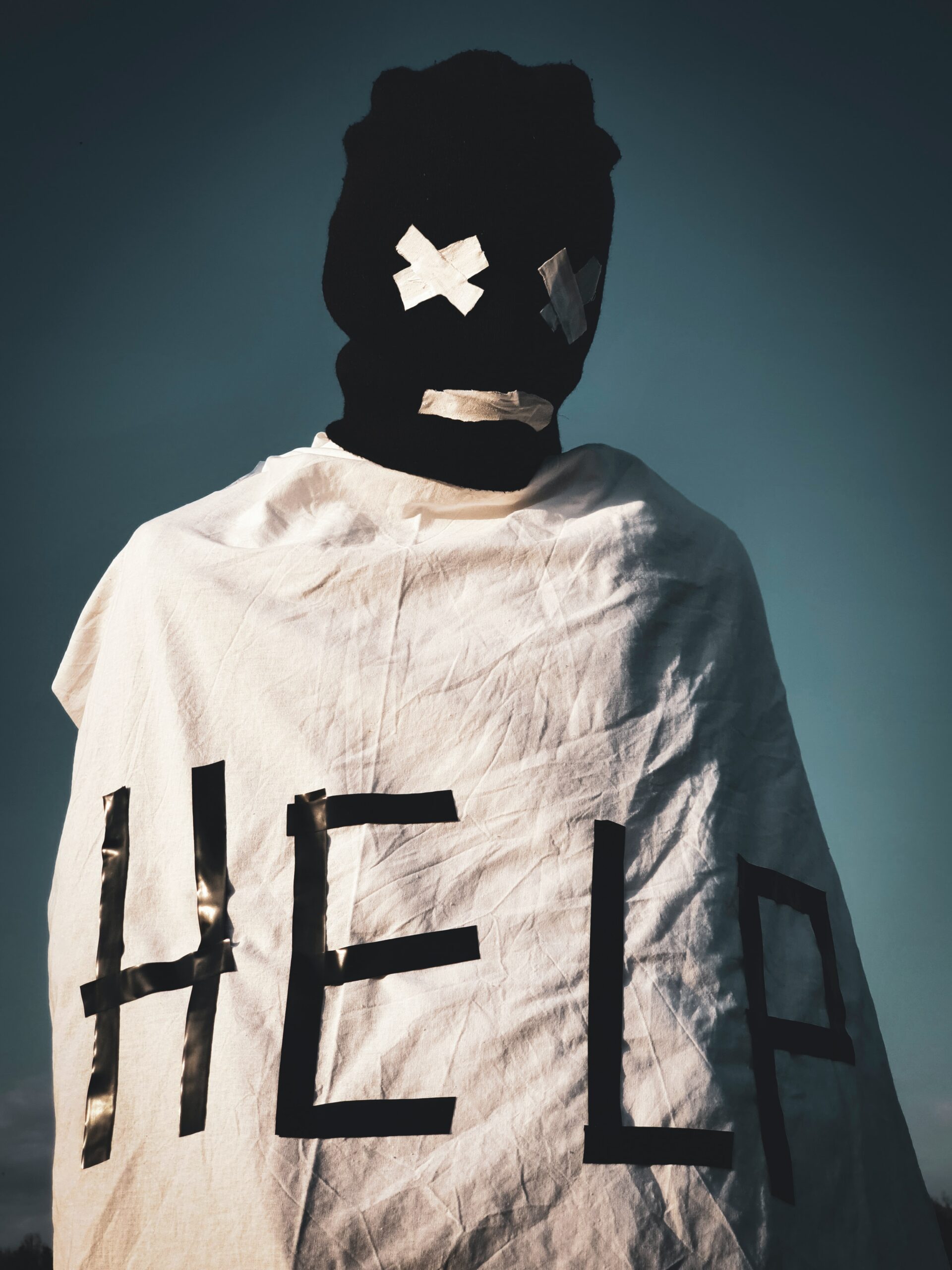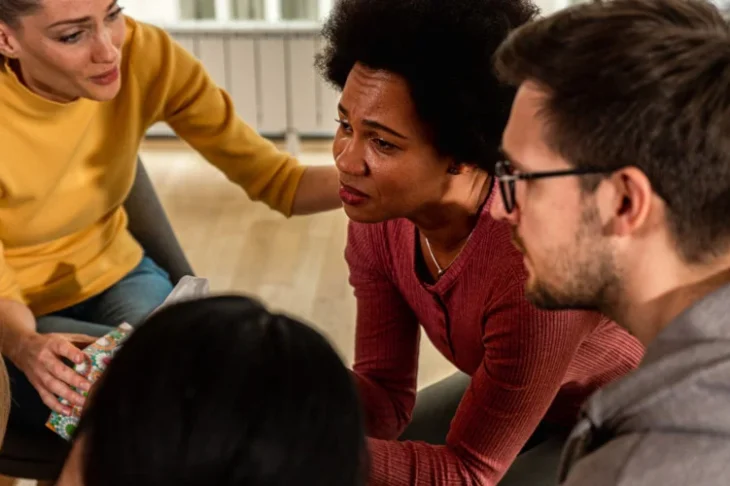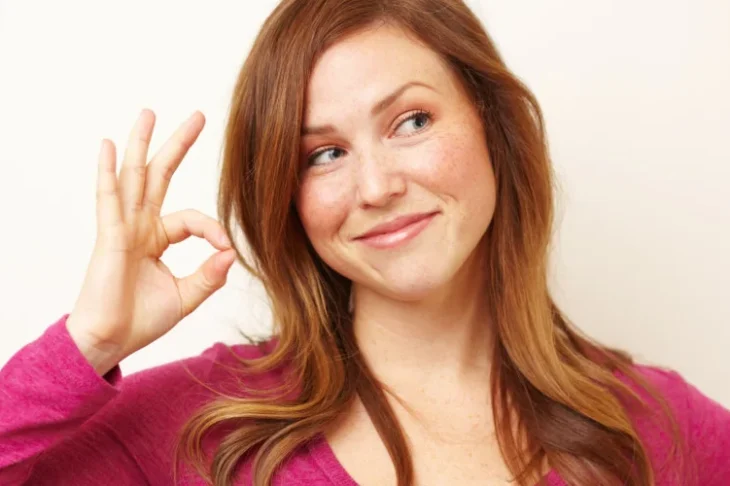
Best Ways to Help Someone Addicted to Drugs
It is common for families to be at a loss regarding how to help someone addicted to drugs. The problem not only affects the individual struggling with drug addiction but also their loved ones and the community as a whole.
It can be extremely painful and frustrating to love someone suffering from addiction. You might be desperate to help your loved one but there is a fine line between actually helping and enabling.
Enabling is when you do things that allow the person to continue their addiction without experiencing the full consequences of their actions. This can include things like covering up for them, making excuses for them, or financially supporting them.
To help you know how to tell the difference, read on to find out the four best ways to help someone addicted to drugs.
1. Encourage them to seek professional help
This is the most important step in helping someone overcome drug addiction. Addiction is a complex condition that requires professional treatment and support. Encourage them to seek out a reputable addiction treatment centre that can provide them with the care and support they need to overcome their addiction. Even if they are reluctant to go to treatment immediately, at least they know that it is an option should they change their mind.
2. Set strong boundaries
This is crucial and is the single thing that ensures you are helping but not enabling the person addicted to drugs.
Setting strong boundaries is a way to communicate to the person that their addiction will not be tolerated and that they need to take responsibility for their actions. This can include things like telling them that you will no longer cover up for them, that they need to seek help, or that you will no longer financially support them.
Other examples include calling the police if they steal or hurt you and even kicking them out of the house if they fail to comply with the rules you have set out. This can be incredibly difficult for families to do, yet it is so important and is often the only way to leverage the person into going to treatment and getting help. There are organisations like ToughLove that can support and guide you through this process.
3. Show love
It’s also important to show love and support to a person in active addiction without saving them from their consequences or enabling their addiction to continue. This can be difficult, but it’s important to remember that the best way to help someone overcome addiction is to allow them to experience the full consequences of their actions. This can be difficult to watch, but it’s necessary for them to see the reality of their addiction and the impact it’s having on their life.
One way to show love and support without enabling is to express your concern and offer help, but also make it clear that the person needs to take responsibility for their actions and seek help for their addiction. You can also offer to go to counselling or support groups with them, or help them find resources for treatment.
4. Be patient
Recovery from drug addiction is a long-term process. It may take months or even years for your loved one to fully overcome their addiction. Be patient and understanding, and remember that the most important thing is that they are making progress.
Setting boundaries and not enabling the addiction is an important way to help someone who is addicted to drugs. It helps the person to take responsibility for their actions and encourages them to seek help. Showing love and support without enabling their addiction to continue is also important, expressing your concern, offering help, and encouraging them to take responsibility and seek help. Being patient and encouraging them to get professional help are also great ways to help someone addicted to drugs.
However, as much as you want to help the addict, remember that it’s also important to take care of yourself and your own well-being first. It can be emotionally draining loving an addict and it’s important to seek support for yourself as well.

Taking Care of Yourself is Key With Dr. William R. Miller’s approach to understanding addiction…

Navigating the path of addiction recovery isn’t a journey anyone should have to walk alone.…

If addiction is the great equaliser, touching every age, race, class, and background, then recovery…


